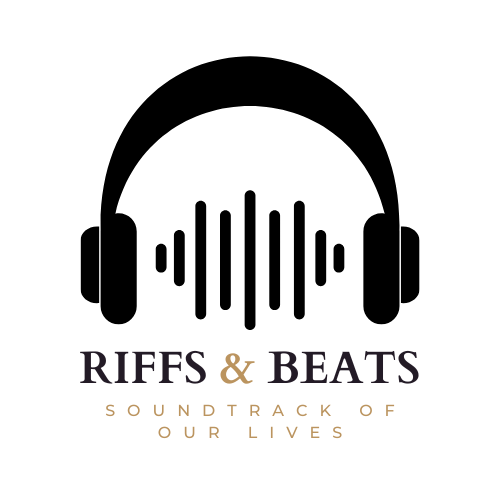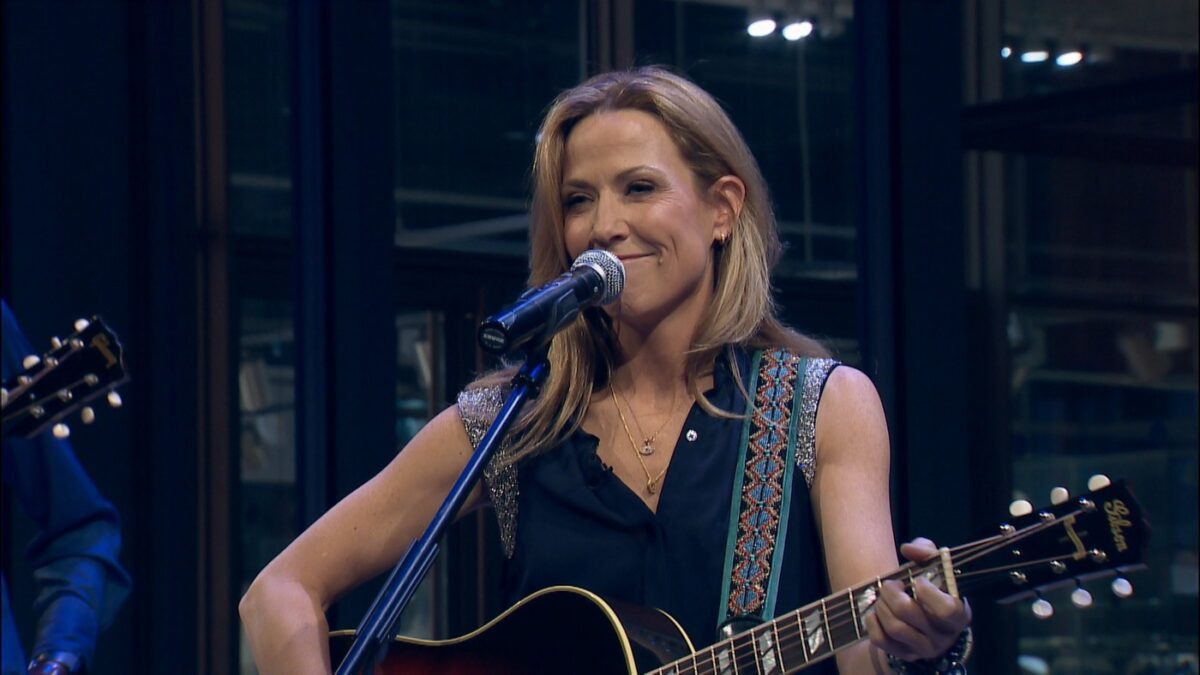One man, one mic, one prison
On February 24, 1969, when Johnny Cash walked into San Quentin prison, it was not for show. It was not salvation either. It was a conflict. Cash was well aware of the power of a captive audience since he had performed at Folsom the year before. But San Quentin was something different altogether with its darker image and harsher edge. There was no pretension. Just Cash, his band, a crowd of guys who understood what it meant to be forgotten, and the sound of feet on concrete. This was less a concert than a standoff; Cash was in his element.
The album starts with already tense air. “San Quentin,” the song written especially for the show, is yelled out like a challenge. By the second stanza, the prisoners are yelling as if someone has at last spoken out loud what they have been pondering for years. Cash has no audience. He toys with them. laughs along with them; pauses when they shout. Stage and cellblock merge together. It is in that fuzz that something electric occurs.
Featuring June Carter, Carl Perkins and the Statler Brothers and backed by the Tennessee Three, the show is both rough and razor sharp. The set list shifts from gospel and from raw country standards to murder ballads to prison laments. First time here, songs like “A Boy Named Sue” were recorded almost by chance hits. The flaws hung on. Mid-song, you can hear humming amps, missed signals, even Cash snapping at a BBC film crew. None of it softens the blow. If anything, it compounds it.
San Quentin, I hate every inch of you. You’ve cut me and you’ve scarred me through and through.
(Johnny Cash, 1969)
Cash was not praising criminals. Neither was he feeling sorry for them. Recognition was what he gave. an external voice knowing its way around the interior. His personal encounters with power and dependency were historical events, not a character. And he was interacting with that audience more than he was acting for them. It gave the record a sense of a wiretap from a real somewhere. A genuine, unfiltered item too alive to be polished.
San Quentin was not merely a live album. It was a societal split. Millions of copies were sold, making Cash a household name all around once again and marking one of those rare times when country, rock, and protest breathed the same breath. Here was a guy in black singing for the invisible and the condemned in an age torn apart by Vietnam, civil rights, and generational change. And somehow he illuminated the room by doing this.


